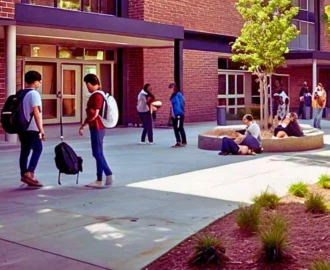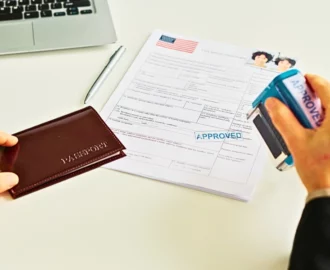The U.S. State Department issued a new rule on Sept. 1 that could lead to more nonimmigrant visa holders being found to have engaged in inconsistent conduct and permanently barred from reentering the U.S. It is important for foreign nationals to understand this new rule so they can avoid engaging in any conduct within 90 days of their entries that could result in their being permanently barred from ever returning to the U.S. A Chicago immigration lawyer may advise clients about the 90-day rule for inconsistent conduct and how to avoid running afoul of it.
The New 90-Day Rule
The U.S. Department of State updated its rule on misrepresentation for consular offices. The rule replaces the former 30/60 day rule for people who are applying for adjustments of status who initially entered the U.S. with nonimmigrant visas, including visitor visas, student visas, and others. Under the new rule, foreign nationals who enter the U.S. using nonimmigrant visas will be presumed to have engaged in misrepresentation of their stated intent if they engage in conduct that is deemed to be inconsistent within 90 days of their entries. Inconsistent conduct includes the following:
- Obtaining employment without authorization
- Marrying a citizen or lawful permanent resident and taking up residence in the U.S.
- Enrolling in college when the visa did not allow that purpose
- Engaging in anything else that would require an adjustment of status but without having an adjustment of status
Caution Is Warranted
Foreign nationals who enter the U.S. on nonimmigrant visas and then engage in any of these activities within 90 days of their entries will be presumed to have misrepresented their reasons for visiting the U.S. The foreign nationals will be given the opportunity to provide evidence to rebut the presumption, but if they are found to have engaged in misrepresentation, they may be deported and subsequently permanently barred from reentering the U.S. People who have entered the U.S. on B visas or F visas might be cautioned to wait until after 90 days have passed before they file for adjustments of statuses to obtain lawful permanent residence. Even if 90 days have passed, the U.S. consular may still revoke the visa if he or she reasonably believes that the foreign national misrepresented the reason for the visit. A Chicago immigration lawyer may help clients understand the implications of the new rule.




